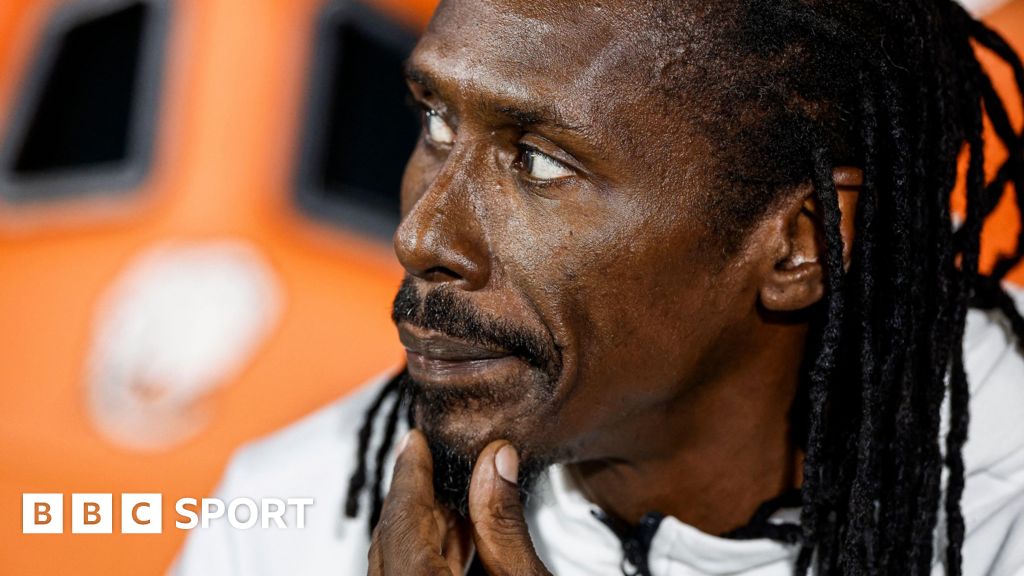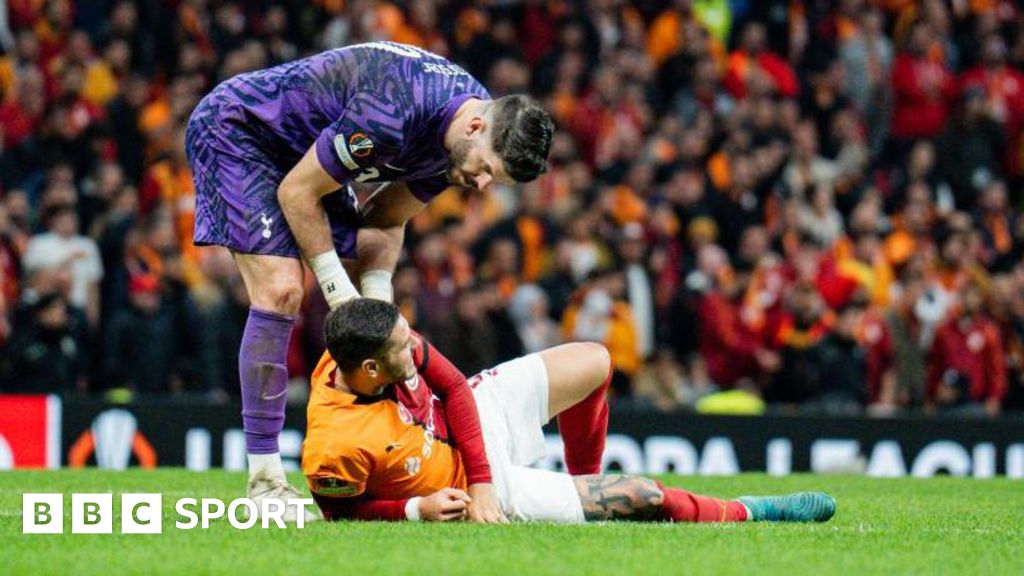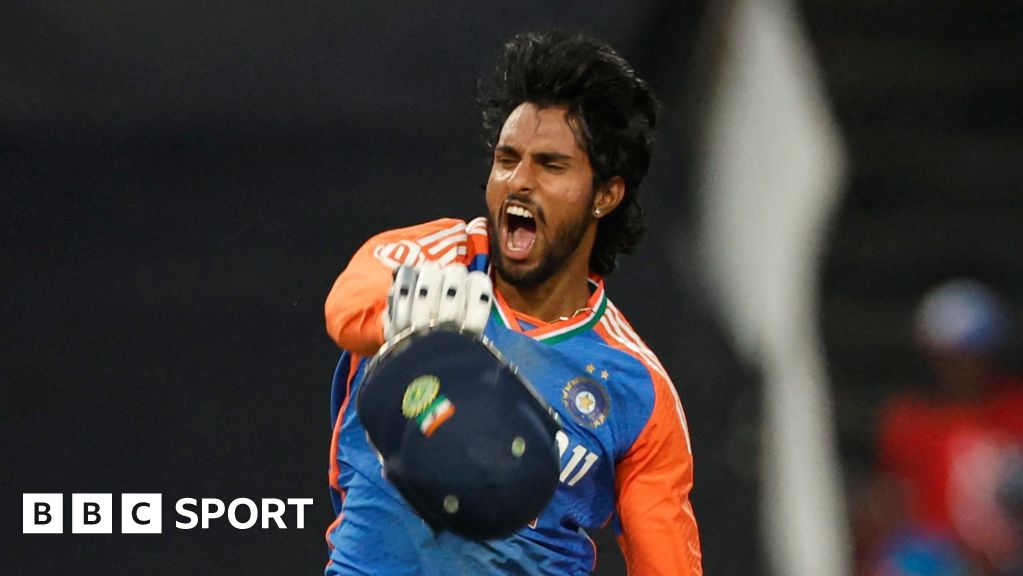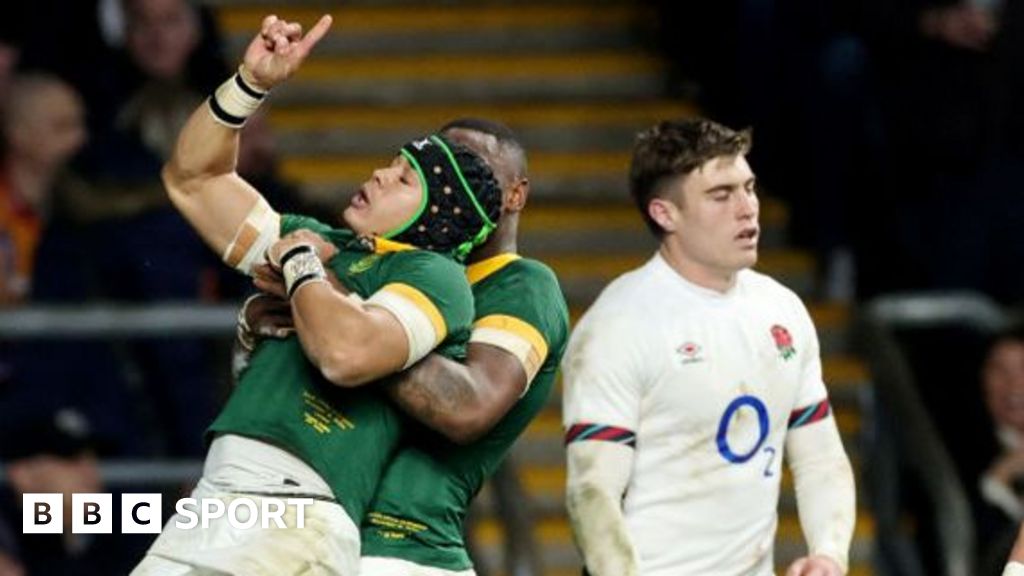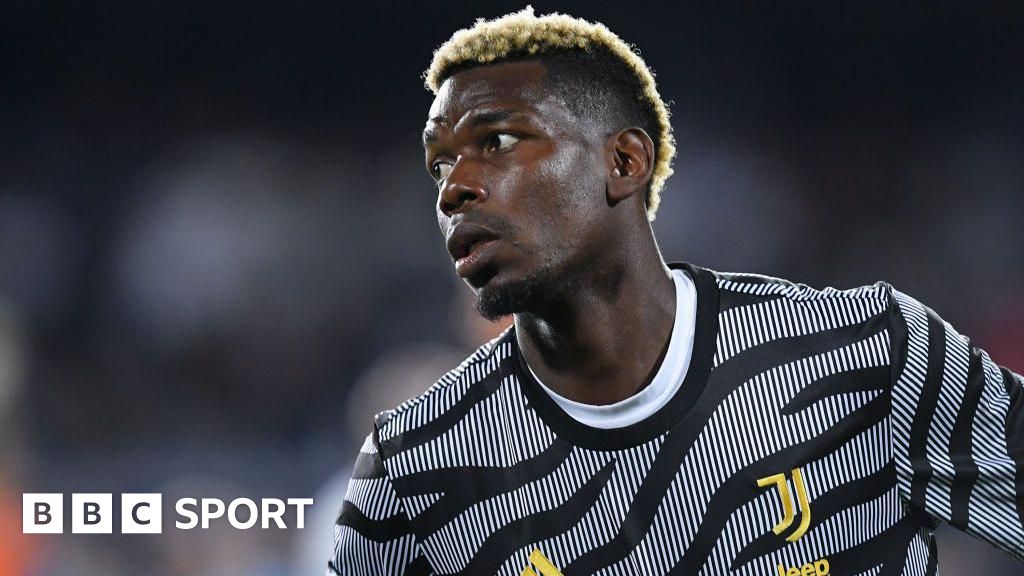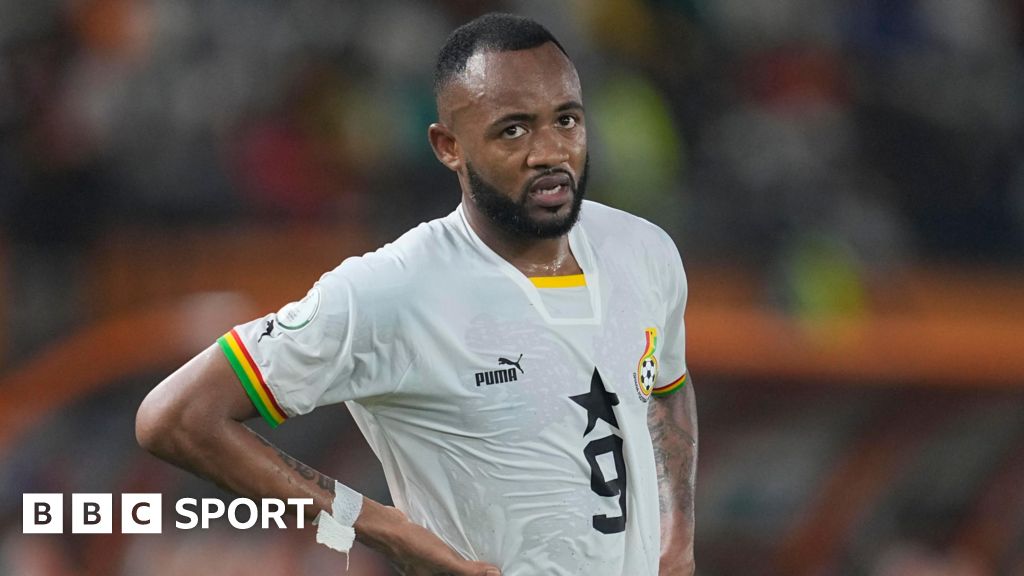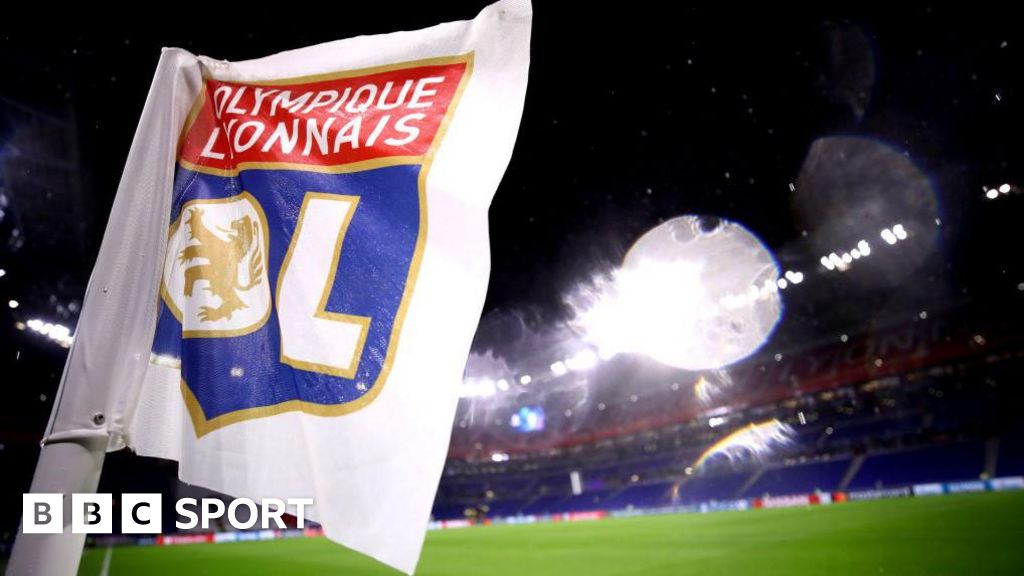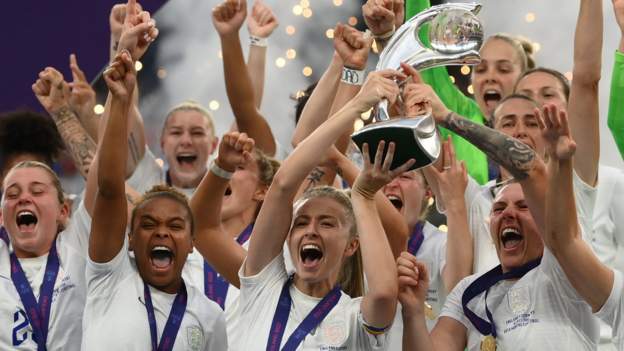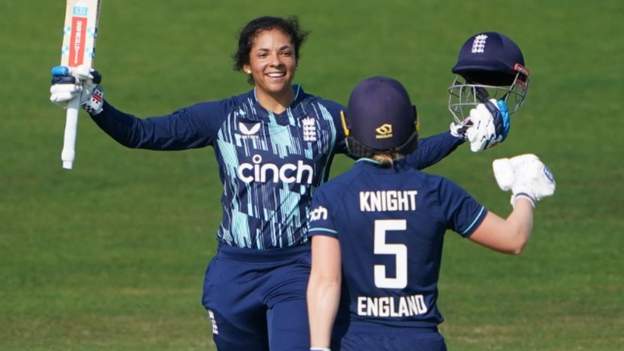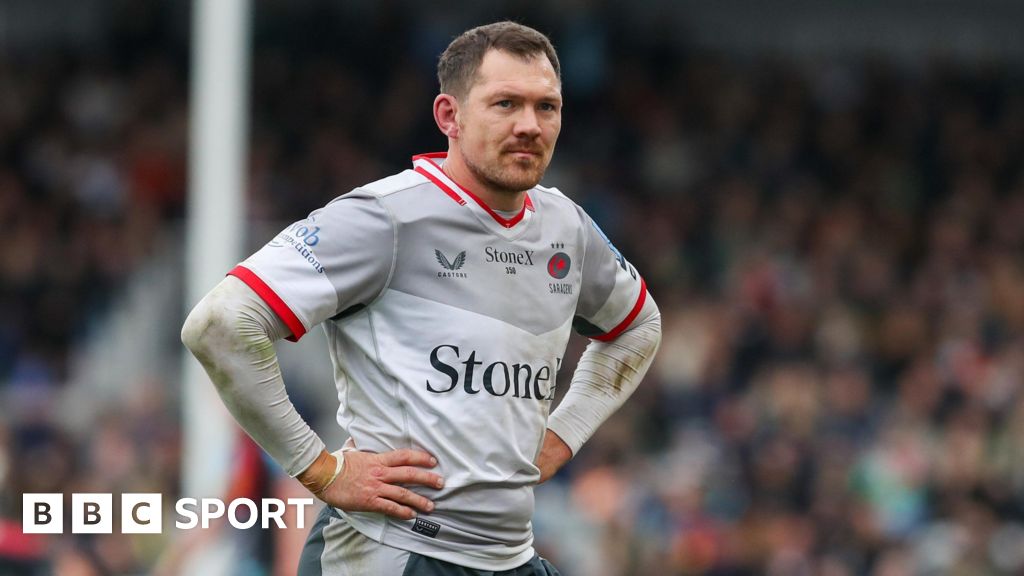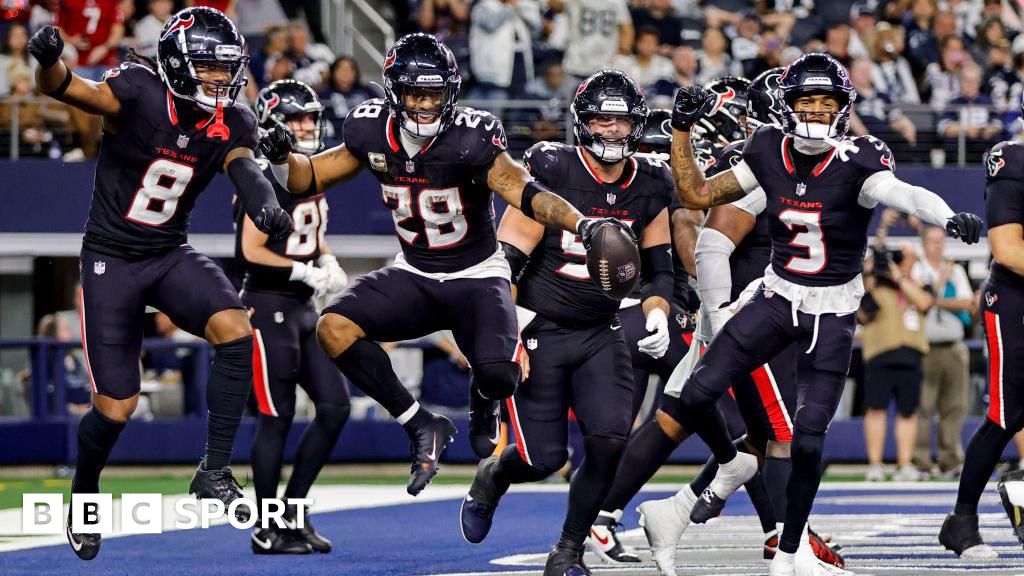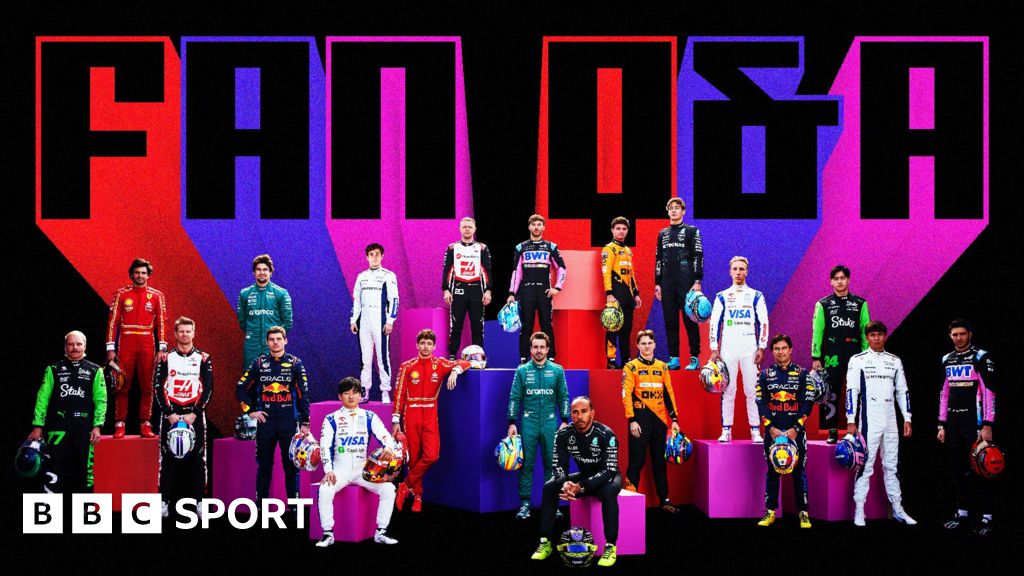Women’s sport has attracted an estimated four million more fans in the past year.
A YouGov study found 41.5% of respondents, the equivalent of more than 22m adults in the United Kingdom, identify as fans of women’s sport – those classed as big fans, main event supporters or casual followers.
England’s triumph at the Women’s Euros plus a gold medal for the Team GB curling team at the Beijing Winter Olympics helped propel female athletes in 2022. There were also notable medal successes for women at the World Athletics Championships and the Commonwealth Games.
All these events were shown across BBC platforms and Barbara Slater, director of BBC Sport, said: “The BBC is a passionate supporter of women’s sport, so it is fantastic to see such positive evidence of how increased visibility of sport can drive even greater interest and impact.”
BBC Sport commissioned two studies, carried out by market research and data analytics firm YouGov, to understand the levels of fandom of women’s sport in the UK in October 2021 and again in August 2022.
The findings showed:
- Women’s football had the biggest increase in fans with 8.7m more than in 2021
- The number of people classing themselves as big fans of women’s football tripled between the studies
- There was a 19% increase of female fans of women’s football between 2021 and 2022
- Winter sports, netball, combat sports and gymnastics also saw notable increases in fans
The results highlight the growth as well as the opportunity to increase the number of women’s sports fans further, with 14 million people saying they were open to becoming women’s sport fans.
The studies also illustrate how individual sports are at different stages in their fandom development depending on how established they are.
Tennis, athletics, winter sports, gymnastics and cycling have larger fan bases of seven years or longer, whereas football, cricket, rugby and combat sports have gained followers more recently, with fandom relatively in its infancy.
YouGov carried out the nationally-representative studies, contacting 2,157 UK adults in October 2021 and 2,129 UK adults in August 2022.

